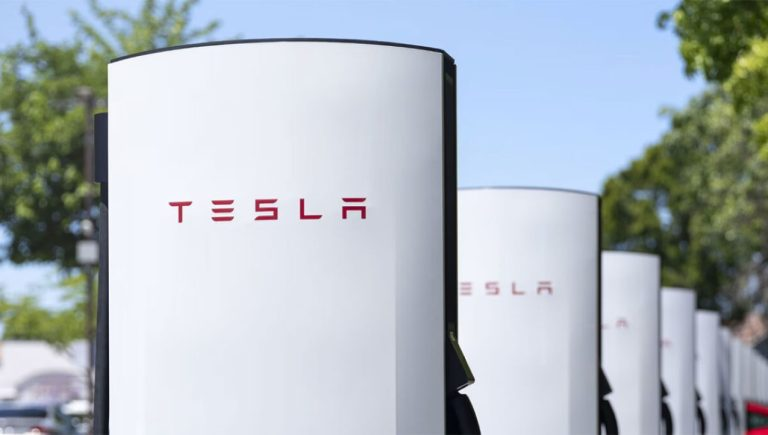In 2023, the electric vehicle (EV) landscape is buzzing with excitement due to significant tax credits that are making EV ownership more affordable and eco-friendly than ever before. According to Bloomberg Green, the global push for sustainability has led governments worldwide to implement incentives that encourage the adoption of electric cars. In this article, we will delve into how these 2023 tax credits are transforming EV ownership, making it both economically viable and environmentally sustainable. By the end of this read, you’ll not only understand the financial benefits of owning an EV but also how these tax credits are helping to reduce carbon footprints on a global scale.
The 2023 Tax Credit Landscape
Understanding the Tax Credit Structure
The 2023 tax credits for electric vehicles are part of a broader initiative to reduce greenhouse gas emissions and promote sustainable energy solutions. The U.S. government, for instance, has restructured its federal tax credit to offer up to $7,500 for qualifying electric vehicles. This initiative aims to make EVs more accessible to the average consumer, encouraging a shift from gasoline-powered cars to cleaner alternatives.
- Eligibility Criteria: To qualify for these credits, the vehicle must meet specific criteria, such as being manufactured in North America and powered by a minimum battery capacity.
- Income Limitations: There are also income caps in place to ensure the credits benefit middle and lower-income households, enhancing equity in clean transportation.
Global Perspectives on EV Tax Incentives
Internationally, countries like Norway and Germany are leading the charge with generous tax incentives. According to Reuters Mobility, Norway exempts EVs from value-added tax (VAT), significantly lowering the purchase price. Germany, on the other hand, offers up to €9,000 in incentives for electric vehicle buyers, helping the country accelerate towards its ambitious CO2 reduction targets.
- Norway’s EV Adoption: Over 80% of new car sales in Norway are electric, showcasing the power of government incentives.
- Germany’s Green Transition: With one of Europe’s largest automotive industries, Germany’s tax incentives are paving the way for a greener future.
Financial Benefits of EV Ownership
Cost Savings on Fuel and Maintenance
One of the most attractive aspects of owning an EV is the reduction in fuel and maintenance costs. According to InsideEVs, EV owners can save an average of $700 annually on fuel alone. Moreover, electric vehicles have fewer moving parts compared to internal combustion engine cars, leading to lower maintenance expenses.
- Fuel Savings: Charging an EV is significantly cheaper than refueling a gasoline vehicle.
- Maintenance Reduction: EVs require less frequent servicing and fewer replacement parts, such as oil filters and spark plugs.
Depreciation and Resale Value
Tax credits not only lower the purchase price but also help mitigate depreciation—an area where EVs have historically lagged. With increased demand and government incentives, the resale value of electric vehicles is improving.
- Higher Resale Value: As demand for used EVs grows, their resale value is expected to stabilize.
- Incentive Impact: Tax credits can offset initial depreciation, making EVs a smarter financial choice.
Environmental Impact of Electric Vehicles
Reducing Carbon Footprints
Electric vehicles play a crucial role in reducing carbon emissions. According to the International Energy Agency (IEA), EVs emit approximately 50% less CO2 over their lifetime compared to conventional cars. This reduction is further amplified by the increasing availability of renewable energy sources for charging.
- Sustainable Energy: As the grid becomes greener, so do EVs, with many owners opting for home solar solutions.
- Reduced Emissions: Transitioning to electric vehicles is a key strategy in combating climate change.
Supporting Battery Recycling and Innovation
The push for electric vehicles has spurred advances in battery technology and recycling. Companies like Tesla and BYD are at the forefront of developing more efficient batteries and sustainable recycling methods, which are essential for minimizing the environmental impact of EVs.
- Battery Advancements: New technologies are extending battery life and reducing costs.
- Recycling Initiatives: Innovative recycling processes are recovering valuable materials, reducing the need for new mining operations.
Practical Tips for Prospective EV Owners
How to Choose the Right EV
Choosing the right electric vehicle depends on various factors, including range, budget, and lifestyle needs. Here are some tips to help you make an informed decision:
- Assess Your Driving Needs: Consider your daily commute and typical driving range.
- Research Available Models: Compare options from brands like Tesla, Hyundai, and Ford EV.
- Evaluate Charging Infrastructure: Check available charging stations in your area and consider home charger installation.
Where to Buy and Charge Your EV
When it comes to purchasing and charging your electric vehicle, planning ahead can ensure a smooth transition:
- Purchase Options: Explore dealerships offering incentives or look into certified pre-owned EVs for better deals.
- Charging Solutions: Invest in a home charging station for convenience and explore public charging networks, such as those offered by ChargePoint and EVgo.
Conclusion: The Future of EV Ownership
As 2023 unfolds, the landscape of electric vehicle ownership is more promising than ever. With generous tax credits making EVs more affordable and technological advancements enhancing their environmental benefits, now is an opportune time to make the switch. By embracing electric vehicles, you not only contribute to a cleaner planet but also enjoy significant financial savings. What are you waiting for? Join the green revolution and explore the myriad benefits of EV ownership today. Are you ready to take the plunge into the future of transportation? Let us know in the comments below!

